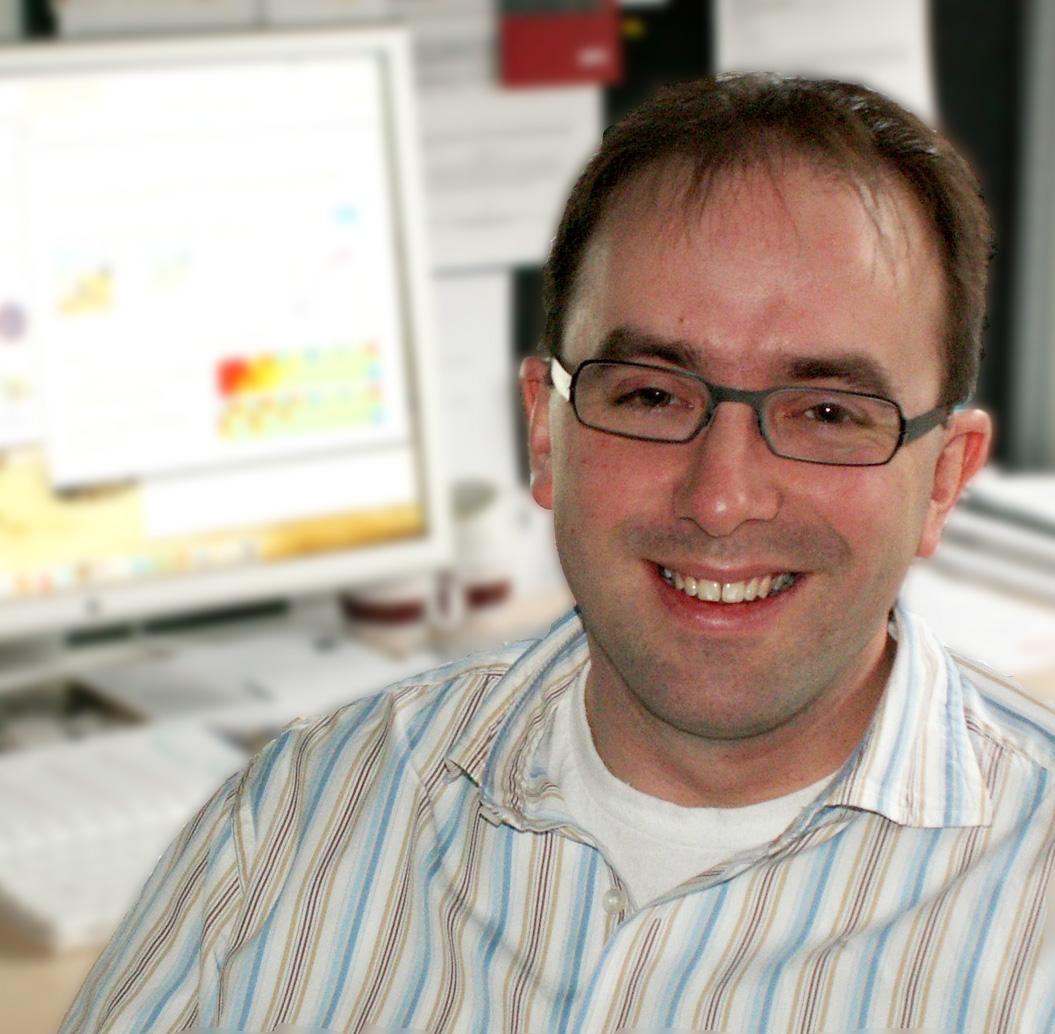
The DAS, valued at $120,000 over 3 years, aims at providing substantial and timely additional resources to accelerate progress and maximize the impact of outstanding research programs. Recipients of the award must demonstrate a well-established research program as well as strong potential to become international leaders in their respective area of research.
Dr. Schwenk's research establishes new frontiers with the development of a unified description of nuclei and strongly-interacting matter in the cosmos. His work has had an impact on astrophysics, ultracold atoms, strongly-correlated systems, neutrino physics, and quantum chemistry. Dr. Schwenk plans to use the award to carry out first calculations of three-nucleon forces in neutron-rich nuclei and to study neutrino interactions at the extremes in supernovae and neutron stars. With the expertise on three-nucleon forces and on advances for neutrino interactions in astrophysics, the TRIUMF theory group and its international collaborators are poised to make key discoveries.
"The DAS will help us capitalize on our new ideas," said Dr. Schwenk, "and open new horizons for students and postdocs, and provide access to interact with international collaborators and experts."
Dr. Schwenk completed his undergraduate degree at Heidelberg University and his Masters and Ph.D. at the State University of New York at Stony Brook. This award recognizes Dr. Schwenk's world-class research and will open many new opportunities for theoretical advancement in the area of nuclear and particle physics. Congratulations to Dr. Schwenk and best of luck to the theory group!
-- Meghan Magee, Communications Assistant
